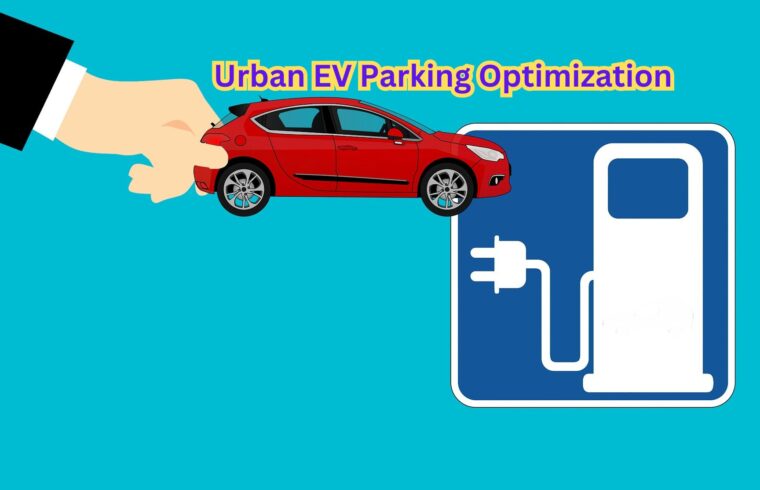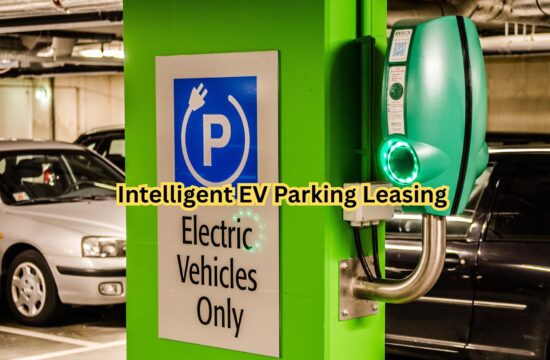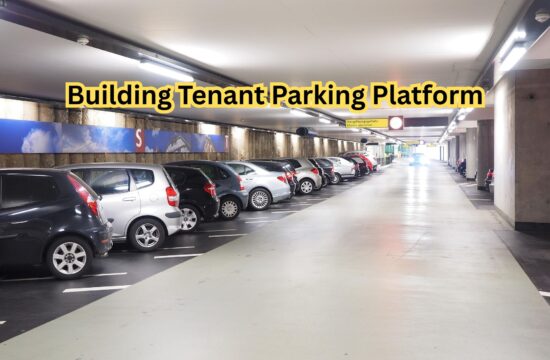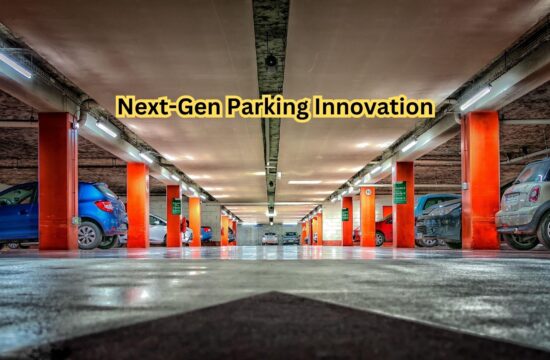Enhancing the effectiveness of cities’ electric vehicle charging infrastructure is the main goal of urban EV parking optimization. Smart cities may better manage parking spaces, lessen traffic, and support sustainable transportation options by combining data analytics and smart technologies. Urban EV Parking Optimization uses cutting-edge tactics to solve problems with urban transportation. The urban landscape may be greatly improved by Urban EV Parking Optimization when it is implemented properly, giving owners of electric vehicles access to quick and effective charging choices.
Boosting EV Charging Capacity
In order to increase the number of charging stations available, increasing infrastructure and implementing cutting-edge technologies are necessary to boost EV charging capacity. For owners of electric vehicles, this guarantees quicker, more dependable access and encourages the broad use of sustainable mobility.
EV Parking Software Troubles1
System bugs, erroneous data, or problems with the user interface can cause problems with EV parking software, which can result in ineffective space management and a bad user experience. Robust software updates, improved data integration, and improved customer assistance are needed to address these issues.
Fixing Billing Issues in EV Parking
Resolving transaction processing mistakes, guaranteeing correct charge rates, and enhancing customer. Assistance systems are all necessary to resolve billing concerns in electric vehicle parking. Regular system audits, open pricing, and expedited dispute resolution procedures can all help achieve this.
Revenue Challenges in EV Parking
High operating costs, uneven pricing structures, and unused charging stations are common causes of revenue problems in EV parking. Operators can strengthen user engagement methods, optimize station placement, and employ dynamic pricing to overcome these concerns.
EV Charger Management Problems
Unpredictable charging speeds, equipment breakdowns, and challenges with usage monitoring are examples of EV charger management issues. To guarantee dependable and effective charging services, effective solutions include routine maintenance, real-time diagnostics, and user-friendly administration platforms.
Overstaying at Charging Stations
Staying too long at charging stations can cause other users to become less available and waste resources. To solve this problem, implement time limitations, apply fines, and use intelligent technology to efficiently monitor and control charging times.
Managing EV Overnight Charging
To manage EV overnight charging, optimize infrastructure to support longer charging durations. And guarantee access to safe and practical charging locations. Using real-time monitoring and intelligent scheduling can help maintain grid stability, reduce usage, and increase efficiency.











